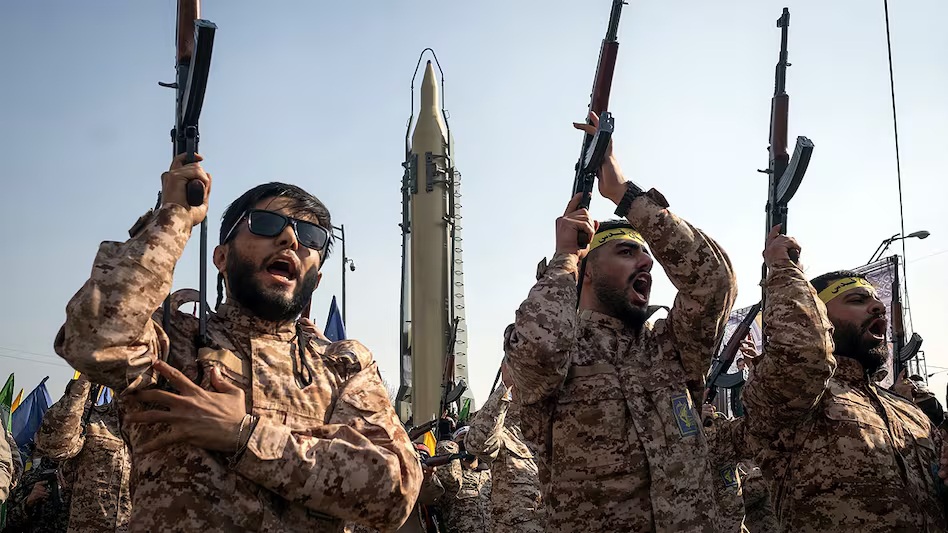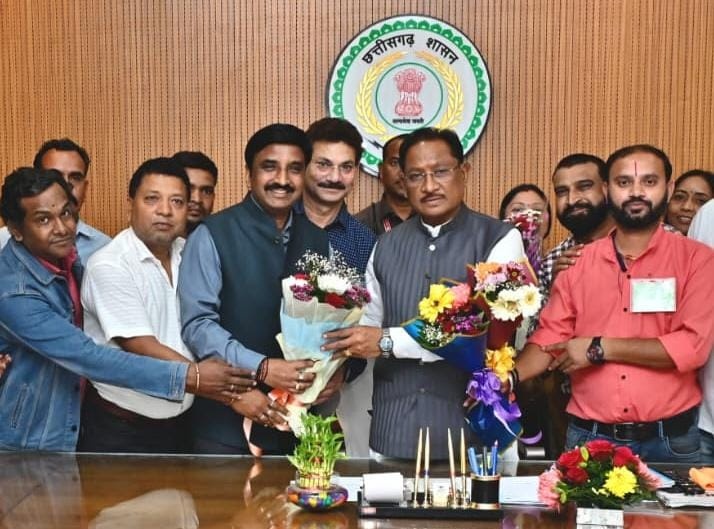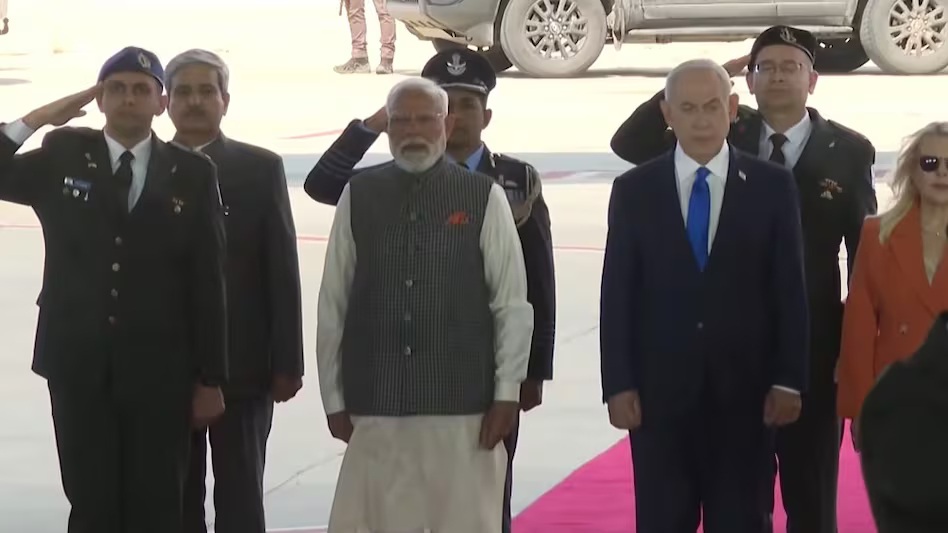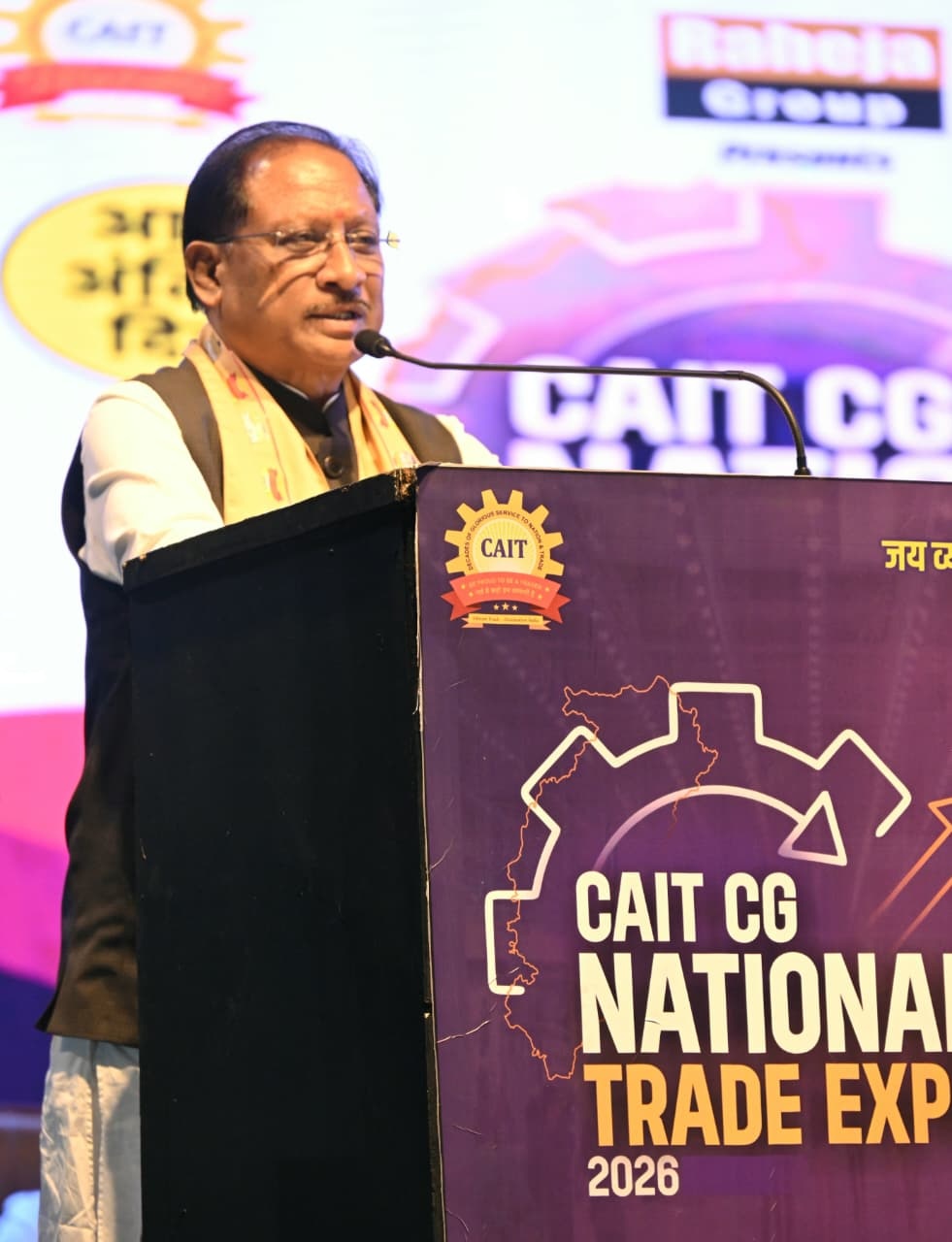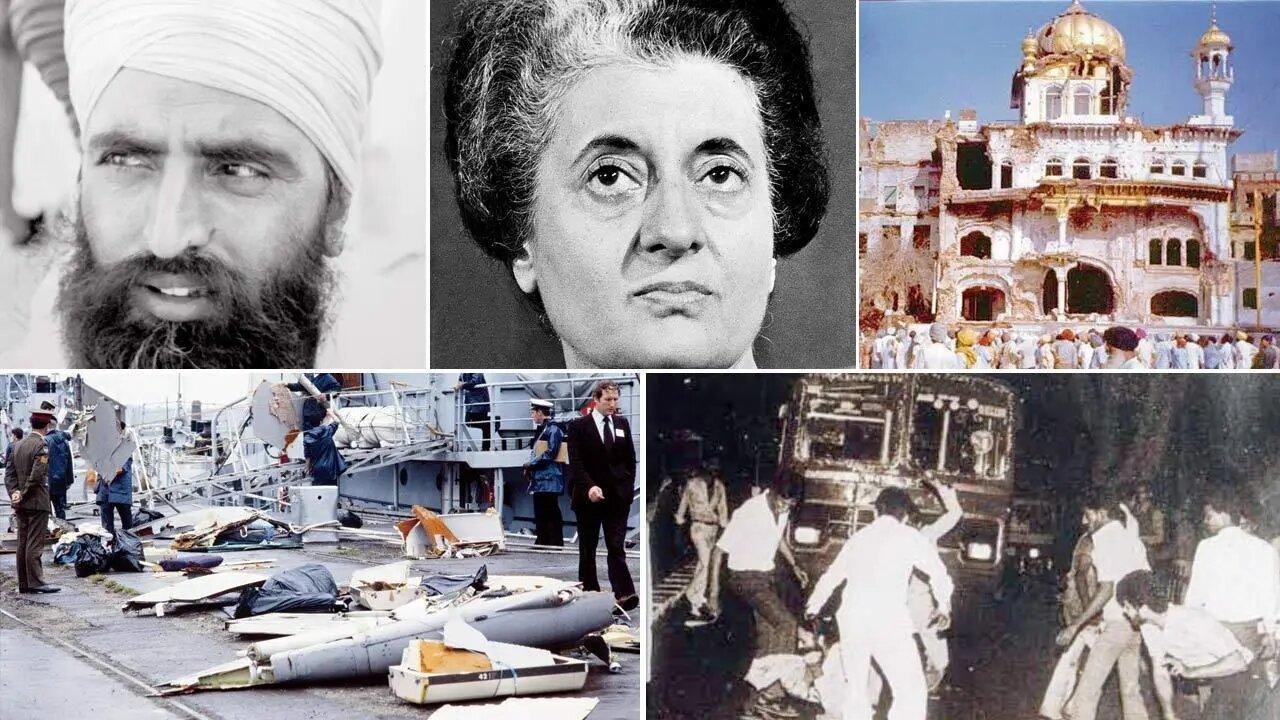

Forty years after Punjab was gripped by militancy, the idea of Khalistan still haunts the State and the Hindu votebank the Congress cynically created then has been hijacked by the BJP
The bruising diplomatic battle between India and Canada over the killing of a Khalistan activist is a testament to the events of 1984 still haunting us 40 years later. Nineteen eighty-four witnessed the death of Jarnail Singh Bhindranwale, who terrorised Punjab as he resuscitated the idea of Khalistan. It was also the year the Golden Temple was militarily attacked, and Prime Minister Indira Gandhi was assassinated. It was the year of a pogrom against the Sikhs, underscoring the emergence of the Hindu card and the Indian State’s vicious conduct against its religious minorities.
Yet 1984 might not have been as cataclysmic as it was. The genesis of the Punjab militancy lay in the battle of supremacy between the Akali Dal and the Congress there. The grand old party patronised Bhindranwale to weaken the moderate Akali leadership, a story vividly recounted in former Research and Analysis Wing official G B S Sidhu’s The Khalistan Conspiracy.
The Congress had the choice of two potential candidates for checkmating the Akalis. Sidhu quotes Congress leader Kamal Nath telling late journalist Kuldip Nayar that Bhindranwale was chosen over the other candidate because the latter didn’t seem the “courageous type.” Nath confessed, “We would give him money off and on, but we never thought he would turn into a terrorist.” Bhindranwale even campaigned for three of Congress candidates in the 1980 Lok Sabha elections.
The Akalis sought to mobilise support on the Anandpur Sahib resolution, adopted in 1973, which sought autonomy for Punjab on all subjects other than foreign relations, defence, currency and general communications. This maximalist demand was watered down in 1978, and the Centre and the Akalis entered into negotiations over the sharing of river water with Haryana and Rajasthan, transfer of Chandigarh to Punjab, and a list of religious-cultural issues.
The Akalis soon became desperate to stitch a deal with the Centre, for they feared Bhindranwale hijacking the Dharam Yudh Morcha that was launched to pressure the Centre to grant concessions to Punjab. Bhindranwale’s popularity had been growing because of his strident oratory over the injustices done to Punjab. After a Centre-Akali agreement was nixed last minute courtesy of the Congress, Bhindranwale turned the Golden Temple into his headquarters, and began to order the killing of Hindus, Sikhs who differed from him and State officials.
Realising that the Congress had reared a monster, Mrs Gandhi, in June 1984, ordered military operations to flush out militants from the Golden Temple complex. Bhindranwale died in the firefight that lasted days, as also did scores of pilgrims trapped in the complex. The most sacred space of the Sikhs was devastated, roiling their religious sentiments.
In hindsight, it can be said Mrs Gandhi’s Punjab policy was aimed at consolidating Hindus behind her, by exploiting their fears over militancy and balkanisation of India. Rediffusion’s Ajit Balakrishnan, hired to design the Congress election campaign, had already created, before Mrs Gandhi was assassinated, advertisements such as the one asking newspaper readers, “Will the Country’s Border Finally Move to Your Doorstep?”
The assassination of Mrs Gandhi, on October 31, triggered countrywide violence against Sikhs. Thousands were killed, and countless women raped. Congress leaders led Hindu mobs in Delhi even as the State allowed the carnage to continue for days. The Hindus consolidated behind the Congress, evident from Rajiv Gandhi leading the party to over 400 Lok Sabha seats in the 1984 elections. The victory emboldened the Congress to thwart attempts to bring to justice the perpetrators of the 1984 pogrom.
Sidhu wrote that it was during this period that the migration of Sikhs to Canada registered a spurt. The 1981 Canadian Census reported 94,803 Sikh residents; the number grew to 192,608—a 103 per cent rise—in 1991 and to 312,802 in 2001. They carried to the adopted land their memory of the injustices meted out to them, and the State’s connivance in the 1984 violence.
That darkled memory has been a crucial factor in the formation of the Sikh identity and consciousness abroad, argues scholar Harleen Kaur. The earliest indication of events in Punjab reverberating in Canada was that of Sikh terrorists blowing up midair an Air India flight in 1985, killing 329 passengers. Indeed, the memory of 1984, passed from one generation to another, deepens at the occurrence of every incident that is perceived to reflect the Indian State’s hostility toward the Sikhs, as will certainly the recent allegation of Delhi targeting advocates of Khalistan in Canada and the United States.
At home, the Bharatiya Janata Party hijacked the Hindu votebank the Congress built through its blood and iron policy in Punjab, first through the demolition of the Babri Masjid and then, in 2002, through the Gujarat riots. As in 1984, so in 2002, the State deliberately allowed the carnage of Muslims. As it was for Rajiv Gandhi at the Centre in 1984, so it was that then Chief Minister Narendra Modi swept to a stunning victory in the 2002 Assembly elections. It enabled him to become the custodian of the Hindu votebank, kept intact and expanded over the last 10 years through the demonisation of religious minorities. And so, the ghosts of 1984 still possess and torment India.
The writer is a senior journalist and author of Bhima Koregaon: Challenging Caste
![]()



